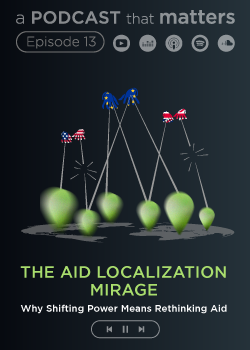Print

Aesthetic and Anthropological Representations as Evidence of Racism: from Italian Unification (1861) to the Fall of Fascism (1943): ARER
Details
Locations:Italy
Start Date:Sep 1, 2020
End Date:Aug 31, 2022
Contract value: EUR 175,673
Sectors: Culture
Description
Programme(s): H2020-EU.1.3.2. - Nurturing excellence by means of cross-border and cross-sector mobility
Topic(s): MSCA-IF-2019 - Individual Fellowships
Call for proposal: H2020-MSCA-IF-2019
Funding Scheme: MSCA-IF-EF-ST - Standard EF
Grant agreement ID: 896185
Project description:
African racial identity during Italy’s national unification, colonial conquests
What was the role of visual and material culture in the formation of an African racial identity during Italy’s national unification and its colonial conquests up to the fall of fascism? The EU-funded ARER project will answer this question. Italian colonialism coincided with the constitution of the nation state. Its first campaigns turned towards Africa, reinforcing patriotic sentiment and inscribing Italy among the colonial powers. As such, the figure of the Italian was in contrast to that of the Africans. The project’s findings will provide new insight into the current discussion about the contemporary resurgence of racism and xenophobia in a Europe affected by a migration crisis and the rise of populism.
Objective:
This research project entitled Aesthetic and Anthropological Representations as Evidence of Racism: from Italian Unification (1861) to the Fall of Fascism (1943) (ARER) aims to study the role of visual and material culture in the formation of an African racial identity during Italy’s national unification and its colonial conquests up to the fall of fascism. Italian colonialism, later than that of its French and English neighbours, coincided with the constitution of the nation-state, and it was imperative that its first campaigns, exclusively turned towards Africa, reinforce patriotic sentiment and inscribe Italy among the colonial powers. The figure of the Italian was thus invented progressively by way of contrast to African populations, and through the exaltation of its Roman and Etruscan origins, in order to legitimate its vocation to conquer and ‘civilize’ the world. Situated at the crossroads of art, history and anthropology, the theoretical results of my study have for an ambition to help question the contemporary resurgence of racism and xenophobia in a Europe affected by a migration crisis and the rise of populism.
